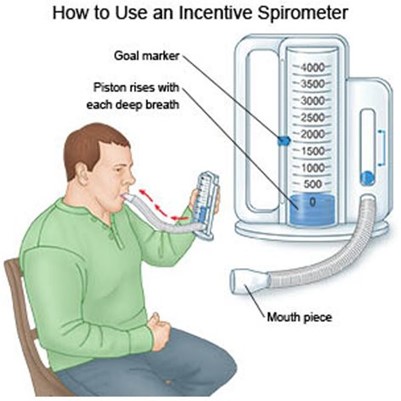A nurse in a clinic is providing preventive teaching to an older adult client during a good visit.
The nurse should instruct the client that which of the following immunizations are recommended for healthy adults after age 60. (Select all that apply.).
Pneumococcal polysaccharide.
Meningococcal.
Human papillomavirus.
Influenza.
Herpes zoster.
Correct Answer : A,D,E
“Influenza,” and “Herpes zoster.” These statements indicate an understanding of the teaching because these immunizations are recommended for healthy adults after age 60.
Choice B is incorrect because the meningococcal vaccine is not typically recommended for healthy adults after age 60.
Choice C is incorrect because the human papillomavirus (HPV) vaccine is not typically recommended for healthy adults after age 60.
Nursing Test Bank
Naxlex Comprehensive Predictor Exams
Related Questions
Correct Answer is B
Explanation
This statement indicates an understanding of the teaching because serum ammonia levels can be elevated in liver disease and are used to monitor the progression of liver disease.
Choice A is incorrect because glucose levels are not typically used to monitor liver disease.
Choice C is incorrect because serum troponin levels are used to diagnose heart attacks, not liver disease.
Choice D is incorrect because phosphate levels are not typically used to monitor liver disease.
Correct Answer is B
Explanation

After inhaling deeply using an incentive spirometer, you should hold your breath for 3 to 5 seconds before exhaling.
Choice A is wrong because exhaling slowly through pursed lips is not an instruction for using an incentive spirometer.
Choice C is wrong because placing hands on the upper abdomen during inhalation is not an instruction for using an incentive spirometer.
Choice D is wrong because positioning the mouthpiece.5 cm (1 in) from the mouth is not an instruction for using an incentive spirometer.
Whether you are a student looking to ace your exams or a practicing nurse seeking to enhance your expertise , our nursing education contents will empower you with the confidence and competence to make a difference in the lives of patients and become a respected leader in the healthcare field.
Visit Naxlex, invest in your future and unlock endless possibilities with our unparalleled nursing education contents today
Report Wrong Answer on the Current Question
Do you disagree with the answer? If yes, what is your expected answer? Explain.
Kindly be descriptive with the issue you are facing.
